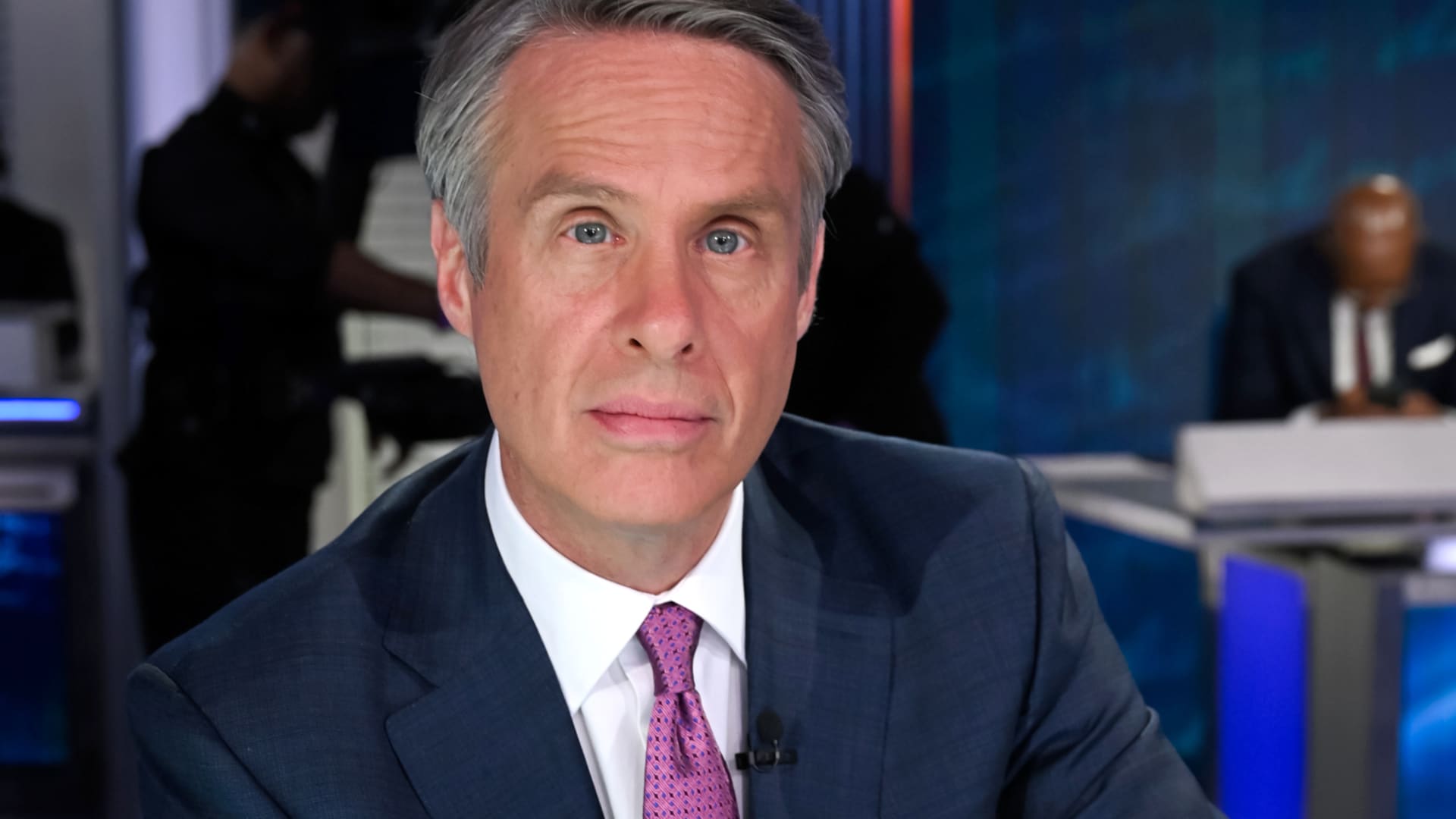Navigating the Complex Intersection of Journalism and Social Media: The Case of Terry Moran’s Departure
The departure of a seasoned journalist from a prominent news network over a social media controversy serves as a compelling prism through which the evolving challenges of modern journalism can be examined. Terry Moran’s exit from ABC News following a contentious tweet not only underscores the precarious balance between personal expression and professional responsibility but also signals larger questions about the role of journalists in a hyper-connected era.
The Incident That Shifted the Landscape
At the heart of this narrative lies a seemingly simple, yet impactful, social media post. Moran’s tweet criticized former President Donald Trump and labeled Stephen Miller, a senior advisor, as a “world-class hater.” Though the post itself was removed, the ripples it sent through ABC News were profound. The phrase “world-class hater” epitomizes incendiary language—far beyond the realm of mere critique—injecting personal animus into a professional space where neutrality is prized.
The immediate consequence was swift: Moran was suspended and shortly after, his contract was not renewed. While the network emphasized that Moran’s contract was nearing its end regardless, the direct linkage of the decision to the tweet fortified ABC News’ stance on maintaining journalistic impartiality and discipline.
Journalistic Ethics vs. Personal Expression: A Delicate Balance
This incident spotlights a fundamental tension: journalists are, undeniably, individuals with personal convictions. However, their stature as employees of news organizations amplifies their public voice and subjects it to intense scrutiny. The challenge is maintaining credibility while navigating the highly visible and often unmediated arena of social media.
Moran’s use of inflammatory language exposes the slippery slope journalists face when their subjective judgments enter the public domain. The descriptor “world-class hater” is laden with judgment and negativity, qualities that risk compromising perceptions of fairness essential to journalistic integrity. It raises important questions about where professional boundaries lie and how personal viewpoints can be effectively expressed—or whether they should be expressed at all—in public forums linked to one’s professional identity.
Organizational Response and Policy Implications
ABC News’ handling of the situation reflects broader institutional concerns about upholding trustworthiness and objectivity. The suspension, investigation, and subsequent non-renewal decision reveal how media organizations now actively monitor and regulate their staff’s social media conduct, despite the inherent difficulties in policing personal digital expression.
Though the specifics of ABC News’ policies remain undisclosed, the action taken signals that even personal commentary by journalists can be considered a policy violation if it conflicts with the organization’s standards. This exemplifies the urgency for news agencies to develop clear, well-communicated guidelines addressing social media use, helping mitigate ambiguity about acceptable conduct in an era where personal and professional spheres increasingly overlap.
The Internal Dynamics: Colleague Reactions and Reputation Management
Beyond the external reaction, the incident provoked notable internal discontent within ABC News. Reports of colleagues’ frustrations hint at the precariousness of team cohesion and a shared commitment to ethical journalism. When one individual’s conduct threatens organizational neutrality, it can fracture trust and erode workplace morale.
This internal fallout underscores that journalistic ethics extend beyond external audience perception—they are integral to the internal health and credibility of newsrooms themselves. The Moran case serves as a reminder that in the tightly knit world of journalism, individual actions have ripple effects that can challenge collective values and professional standards.
Legal and Contractual Nuances
Behind the headlines and internal ripples lie legal and contractual complexities. Employment agreements in the media industry typically encompass clauses addressing conduct detrimental to the employer’s reputation. ABC News’ decision was likely supported by a thorough legal vetting, ensuring compliance with contracts and employment law.
This aspect highlights that journalistic missteps, especially in high-profile instances amplified by social media, are not merely professional or ethical issues but also legal considerations. The balance organizations strike between protecting free speech and preserving their brand integrity often hinges on these contractual frameworks.
Broader Industry Lessons: The Cautionary Tale
Moran’s departure sends a clear warning to journalists navigating the digital age: personal social media activity can no longer be siloed from professional identity. The incident reinstates the entrenched industry standard against overt political partisanship by journalists, especially in public forums.
Unlike in previous eras, journalists today are constantly ambassadors for their media outlets. Their digital personas influence not just their careers but their organizations’ reputations. The case implores the broader news community to reflect on the boundaries of permissible expression and the consequences of crossing those thresholds.
Toward a Future of Balanced Expression and Integrity
The challenge posed by the Moran incident transcends a single tweet or individual—it marks a crossroads for journalism’s future. News organizations must find nuanced ways to honor journalists’ rights to free expression, while simultaneously safeguarding their essential role as impartial conveyors of information.
Developing adaptive policies that recognize the evolving social media landscape, providing clear guidance, and fostering open dialogues about the responsibilities of journalists in public discourse will be critical. This balance—respecting individuality without diluting trust—will define the profession’s ongoing relevance.
Conclusion: A Moment of Reckoning and Renewal
Terry Moran’s exit from ABC News crystallizes the profound shifts confronting journalism in the digital era. It highlights an uneasy tension between personal voice and professional ethics, illustrating how a single social media post can upend long-standing norms and careers. Yet, it also serves as a vital call to action—urging both journalists and news organizations to rigorously reassess the boundaries of expression, the implications of instant communication, and the enduring necessity of impartiality.
Ultimately, this episode is more than a story about one journalist’s misstep—it’s an inflection point prompting the entire industry to rethink how it navigates the intertwined landscapes of personal freedom and professional integrity. The path forward demands thoughtful adaptation, steadfast commitment to public trust, and a keen awareness of the monumental power wielded by words in the digital age.

